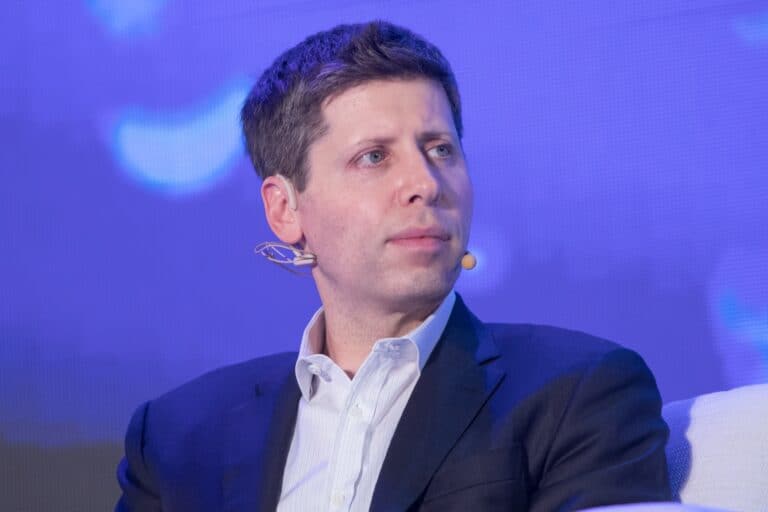OpenAI appears to be on an acquisition spree. Just days after Sam Altman’s AI company announced the purchase of analytics company Rockset, it has now added collaboration platform Multi to its portfolio. The amount of money involved in the acquisition remained undisclosed.
Multi, previously known as Remotion, is a video-first collaboration platform for enterprise-level customers, primarily for collaborating on programming jobs. Sources tell TechCrunch that it is an ‘acqui-hire,’ with most of Multi’s five-person team joining OpenAI.
Multi has been around since 2019 and previously raised 13 million dollars (over 12 million euros) in cash from venture investors. Recently acquired Rockset also had investments from venture capital firms poured into it, a cool 100 million dollars or over 93 million euros.
Tip: OpenAI buys technology that extracts real-time insights from enterprise data
Alexander Embiricos, Multi’s CEO and co-founder, announced the acquisition in a blog post. He stated that his company will cease to exist as a stand-alone entity after July 24, and the complete platform will cease to exist in its current form. Embiricos promises that his company will provide assistance in switching current users to alternative services. It may be possible to continue using the service for a bit longer, but only on a case-by-case basis.
Built on Zoom infrastructure
Multi’s platform is built on Zoom’s infrastructure but offers specific features, such as real-time screen sharing for up to 10 people for collaborative programming, sharing and opening applications on each other’s devices, and deep linking to files. It also offers a shared sketching functionality, where users can highlight text or other important items to each other.
Naturally, Multi also has AI applications, such as summarizing meetings, creating action item lists, and linking to relevant code files. According to SiliconAngle, these features made Multi popular for pair programming among teams at VMware and the Mozilla Foundation. Pair programming involves one developer writing the code and another immediately reviewing it for bugs and other imperfections.
Developing use cases for enterprise customers
With the purchase of Multi, the role Sam Altman’s OpenAI will play in the AI landscape becomes increasingly clear: to provide a versatile solution for enterprise customers, possibly through resellers such as PwC. That consulting giant signed an agreement in May to offer OpenAI tooling to its clients. OpenAI itself also offers a Custom Model program, which allows customers to train specific models on proprietary data or for custom use cases.
Earlier, Altman told shareholders his plans to partially change his company’s governance structure to a profit-driven one. From then on, the board of directors would no longer have authority over this part. Behind this proposed change in structure is possibly a plan to take OpenAI public.
That would allow Altman to acquire a stake in the company, making it impossible for the board to fire him. However, the company’s nonprofit mission would remain unchanged. Regardless, OpenAI achieved a revenue of 3.4 billion (almost 3.2 billion euros) last year, according to The Information.
Also read: OpenAI considers for-profit structure to protect CEO Sam Altman
